Parent-Teacher Conferences
I remember the first parent-teacher conference I had. My daughter was not quite 3 years old and I had no idea what to expect. Her teacher, Maggie Radzik (an amazing Montessorian who deeply inspired me), sat down with me and said, "She's doing fine. I have no concerns. Do you have any questions?"
That was unexpected. She let me lead the dialogue and I had TONS of questions (like what are those "metal insects" my daughter wants to get her hands on so badly and how come she puts on her shoes all by herself here but not at home). That was the beginning of our teacher-parent friendship. It was also my introduction to this Montessori way of non-judgmentally and optimistically accepting each child for who they are.
Later, when I was a trained Montessorian myself and had to hold my own parent-teacher conferences, I always kept Maggie's example in mind. I don't think I did as well as her at first. I was nervous. I spoke too much. Sometimes I got caught up in deviations rather than focusing on normalization. But in every meeting, it turned out that the parents were actually the teachers and I was the student.
Over the years, I have seen many forms, templates, and articles to try and help teachers "run" their parent conferences. Some of these were helpful but others, not so much. I think it ultimately boils down to three main things:
- Let the family know that you see the value in their child.
- Use photos/work samples to provide evidence for what you say (you have to mean it).
- Get the families talking...and listen well.
All families love their children. Even the ones where someone is in jail and someone is using and someone is abusing. Even the ones who are working so much that they see their children less than we do. All families love their children. They may not be skillful in demonstrating that affection, but it is always there and it is our job to nurture that deep love. Why? Because if the child knows that s/he is loved, everything is possible.
Teachers are in a position of tremendous power, whether we realize it or not. A great weight hangs on our "assessment" of each child. It begins to paint a picture of how that child is perceived by society. Are they one of the smart ones? Are they a trouble maker? Do they have a learning/behavioral problem? Do they have great potential?
The truth is that all children have tremendous potential. Even if they are from the roughest, nastiest family you have ever seen, they could become the kindest, most exceptional adult you have ever met. Their development is not at all set in stone. Let me explain what I mean.
While I was working on the Advisory Panel for the Neuroscience & the Classroom course, I got to know Dr. Mary Helen Immordino-Yang. Mary Helen worked with a boy who had to have the left half of his brain removed and with another boy who had to have the two halves of the brain disconnected in order to survive. Most of us would think, well, that's that for those boys. But the support systems for those boys decided otherwise. They never gave up on them and the boys are now adults who can read, speak, play ball, and express themselves through art.
Here's another example. One day I asked my professor a question about the visual field and dyslexia. He referred me to another Harvard professor who was researching in this area, Dr. Matt Schneps. When I went to meet Matt, I had to go to his office at the Harvard-Smithsonian Center for Astrophysics. I had no idea what I was doing there. I mean, what the heck does dyslexia have to do with astrophysics? As it turns out, there are a lot of astrophysicists who have dyslexia. There are also many Nobel laureates in the sciences who have dyslexia. So while society and schools may think, "Oh no, dyslexia is bad," the evidence indicates that the dyslexic brain has some rather extraordinary talents.
What I am trying to say is that a child's potential is not bound by genetics or environment, it is created by them. Their potential reveals itself as they respond to life. And children will choose their responses based on the possibilities they have seen. This is the message we must share with families. They must know that the child's future is not yet determined. Their brain is developing in front of our eyes. We can encourage that development along a skillful and beneficial path or we can neglect it or discourage it.
So the first step to a successful parent-teacher conference, is to get to know each child. Meticulously and deeply observe them. Find their beauty. Find their talents. Notice and draw out their strengths. Actually, the step before this is to invite the families to the conference! And remind them more times than you think anyone would ever need of the date and time. Be like my annoying dentist who texts me, emails me, and calls me six times to remind me of the appointment I have already safely tucked away in my google calendar! You have to get them to show up or else the rest is pointless. Offer them dinner and dancing if you have to, but get them in!
Step two is to collect evidence of the great things you can witness in this child. Use photographs, stories, and work samples to illustrate the points you are trying to make. This is especially important for families who may have difficulty seeing their child's strengths. This your chance to change negative perceptions...and quietly imagine the lifelong impact that may have.
Now this is easy to say, but what about the firecrackers in your classroom? Don't you need to fess up to their folks about how they are pushing and pulling and biting and who knows what? Of course, but there are ways to communicate this information that assumes a growth-mindset.
Here's what I mean. For two years I had a boy in my class who I disliked tremendously. Really. I'm not kidding. Me, who loves children more than chocolate. I did not like this child! I couldn't believe I felt that way. In my defense, he was cruel to the other children. He would laugh this demonic laugh as he would pretend to stab another child behind the back with scissors. He seemed to be intentionally mean much of the time. I spoke with my trainer (Sybil Devereux) about him and she said that I had to love that child more than all the rest. I had to keep him close to me (so I could keep him out of trouble) and I had to find the tiniest good things in him and draw them out. This was the most difficult task I ever had as a teacher. But, a few months after I began this work of forcing myself to like him, one of the other students in the class commented, "I think Julia likes him the best." So, it seems that 'fake it till you make it' can work sometimes.
When I met with this boy's mom, I focused on the positive changes I saw. I was honest about the tricky things that had happened but I was also able to give her true evidence of positive change...but only because I had forced myself to find it. As I did so, she broke down in tears. She had felt completely lost and helpless in the face of his upsetting behavior. She said she was afraid he was going to grow up to be a psychopath. She didn't know what to do. But now she had someone to talk to about it. Now she had someone to help.
So, step three is to hush up and listen. Show the family their child's strengths and free them to talk about what they see. Give them a chance to ask questions...to confide in you. Let them know that you are part of their support system because their child matters deeply to you. And I know that their child matters deeply to you because you are a teacher. Teachers care deeply about their students...even the firecrackers.
When my husband and I were courting, I asked him what he wanted from me. What did he want in a woman? He said, "I want you to be Julia, as big as you can be." I think that is the message we need to give each family. "I want you to be you, as big as you can be."

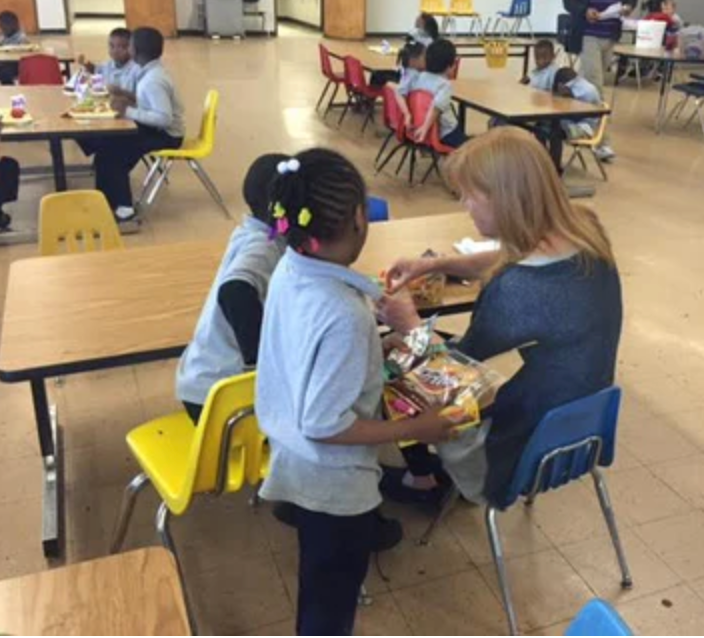
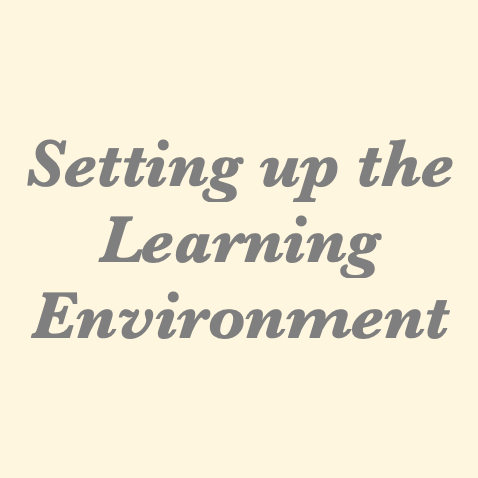

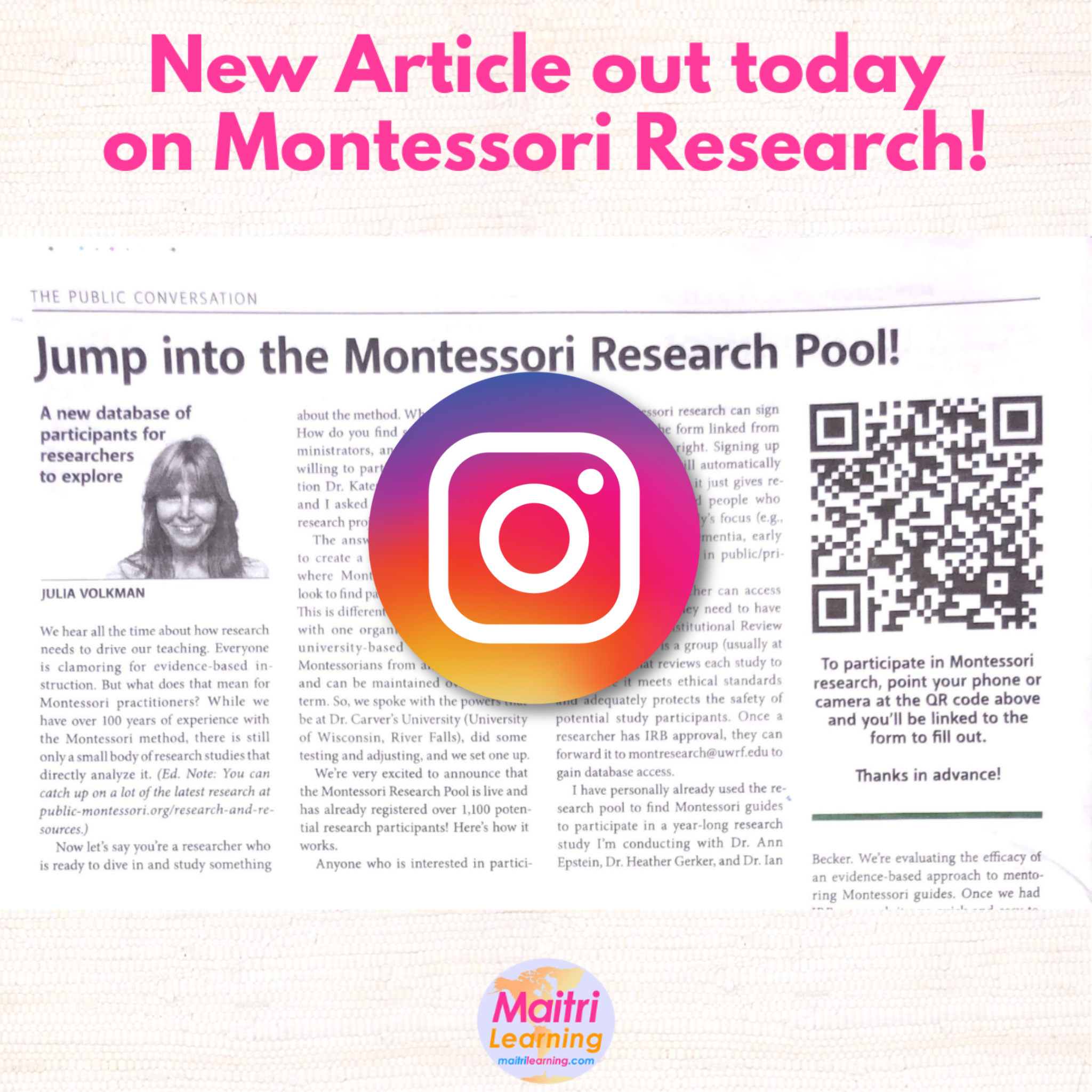

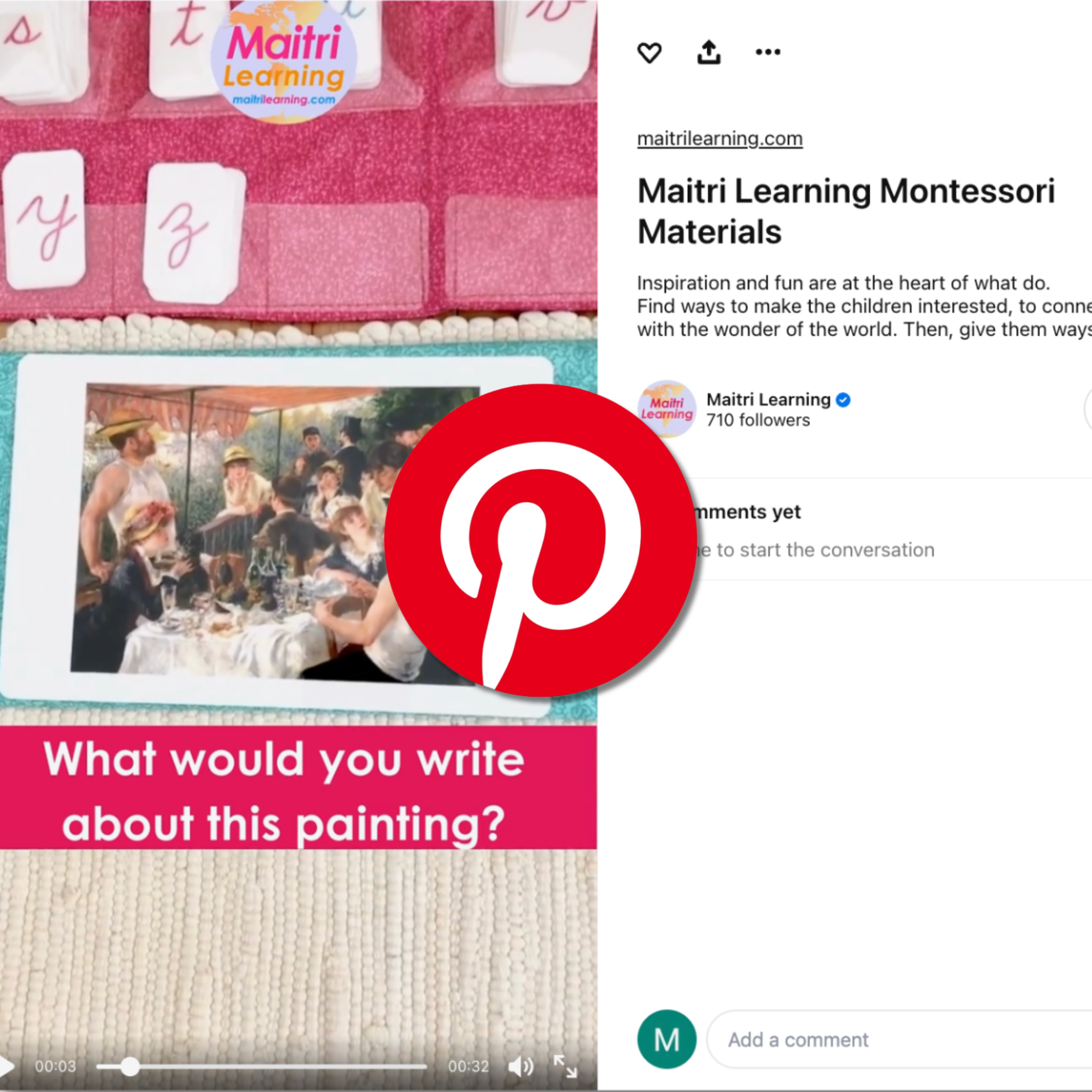
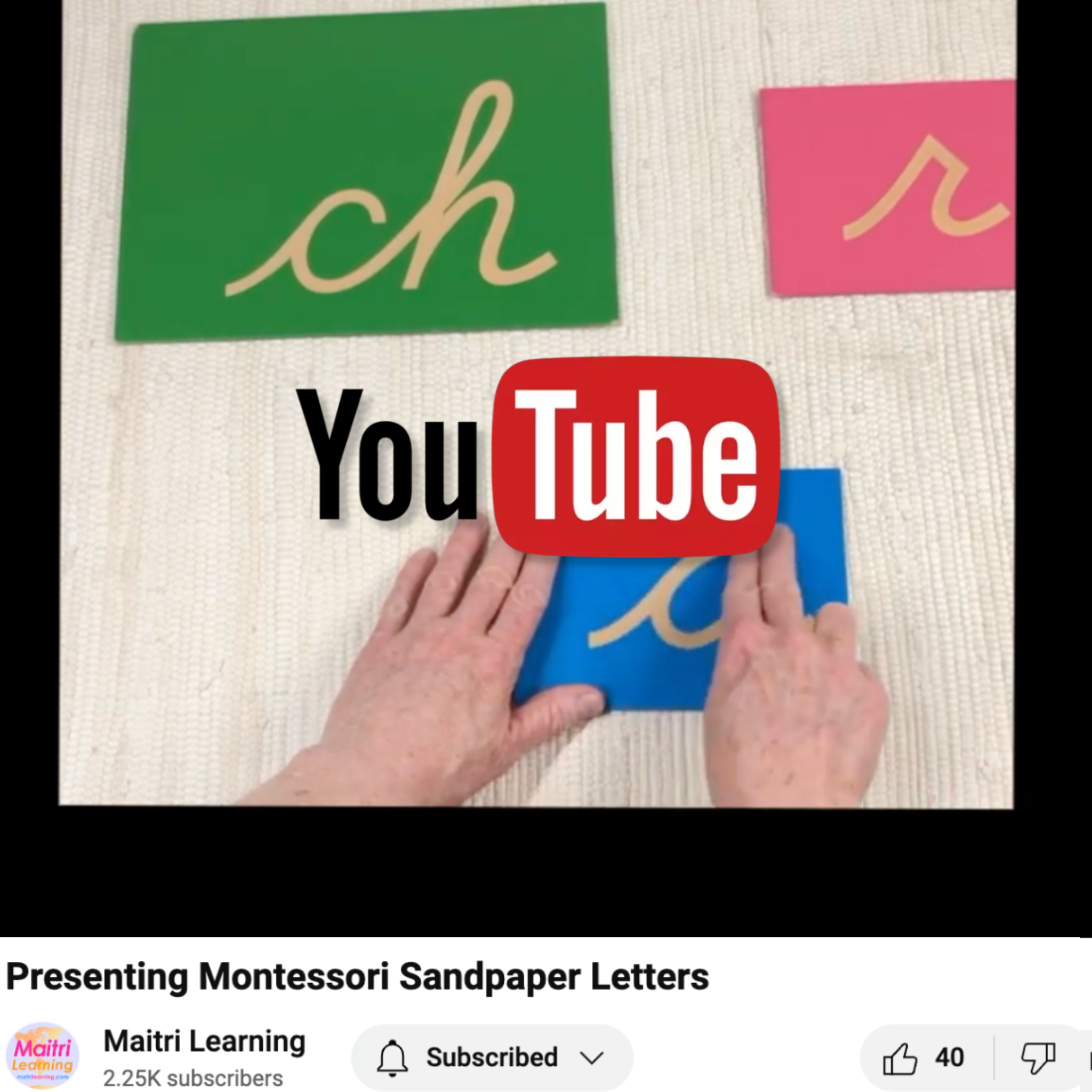
3 comments
@Margaret: Excellent question regarding photos. Most schools find it useful to keep a color printer in-house. I believe that level of printing is all that is needed for portfolio purposes. Texting photos along the way is also now a common parent communication method.
Julia Volkman
Does any one have a suggestion for funding of photo development as a way to provide positive evidence not at the expense of the teacher? Are their teachers that pay for photo development as assesment within the schools budget?
Margaret
Love this article including parents with positive invitations; and evidence sharing the strengths you see in their child!!
Margaret
Leave a comment
This site is protected by hCaptcha and the hCaptcha Privacy Policy and Terms of Service apply.